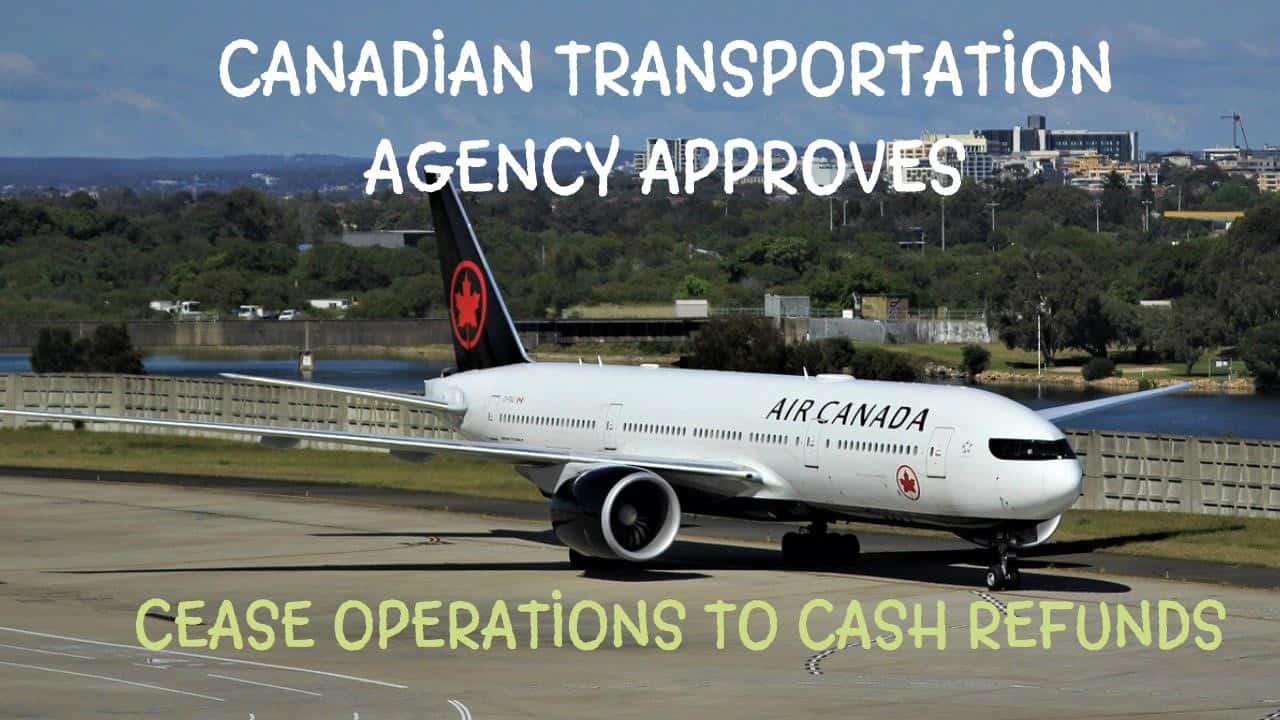We hope that you and your family are safe, healthy, and secure during this COVID-19 pandemic. Ira Smith Trustee & Receiver Inc. is absolutely operational and Ira, in addition to Brandon Smith, is readily available for a telephone consultation or video meeting.
4 Pillars class action lawsuit: What is a class action proceeding?
Class action lawsuits are familiar to many people. Group legal actions occur when a group of people who have been injured in the same way as defined by law seeks legal action on their behalf. A class action lawsuit involves plaintiffs (persons who have been injured) and defendants (people who are being sued) who are all brought together by the courts, who determine whether a settlement should be reached between them. A class action lawsuit claims to be owed money.
The British Columbia court certified a class-action lawsuit in Pearce v 4 Pillars Consulting Group Inc. (the “4 Pillars class action lawsuit”) on October 29, 2019. In my November 25, 2019, 4 PIllars class action lawsuit Brandon’s Blog titled, HOW DOES DEBT RELIEF WORK: APPARENTLY NOT GREAT 4 EVERYONE, I discussed the issues raised in this class-action lawsuit.
The British Columbia appellate court allowed the 4 Pillars class action lawsuit to proceed as a class action proceeding, dismissing the 4 Pillars’ objections. In my May 24, 2021, 4 PILLARS LAWSUIT GETS GIGANTIC APPROVAL TO PROCEED FROM COURT OF APPEAL FOR BRITISH COLUMBIA Brandon’s Blog I wrote about that decision.
In this 4 Pillars class action lawsuit, the British Columbia Court approved a settlement plan on January 13, 2022. According to the court, the Settlement Administration Plan has been approved and shall be implemented and enforced. In this Brandon’s Blog, I give a brief overview of the 4 Pillars class action lawsuit and describe the Settlement Administration Plan.
4 Pillars class action lawsuit: The 4 Pillars lawsuit class-action
The 4 Pillars class action lawsuit was filed in the British Columbia Supreme Court against 4 Pillars Consulting Group Inc. It is alleged that 4 Pillars’ debt consulting business has violated the provincial Business Practices and Consumer Protection Act (BPCPA) and the federal Bankruptcy and Insolvency Act (Canada) (BIA).
Mr. Paul Pearce attempted to certify his action as a class action. This lawsuit seeks to recoup damages for the debt consulting fees that 4 Pillars charged its clients. The fees were paid in connection with: (i) a consumer proposal under the BIA; or (ii) an informal debt settlement proposal with the person’s creditors, all after April 1, 2016.4 Pillars class action lawsuit: B.C. Court of Appeal Finds Class Action Waiver Clause Unconscionable and Contrary to Public Policy
4 Pillars Consulting Group Inc. appealed the lower court’s 4 Pillars class action lawsuit decision to the Court of Appeal. Its decision was released on May 17, 2021. In agreement with the lower court, the court ruled that a genuine issue must be determined at trial based on all the evidence. So the 4 Pillars’ request to strike the plaintiffs’ BPCPA claims was denied by the judge. The certification stage approved by the lower court was upheld on appeal.
According to 4 Pillars, the class action waiver clauses in its standard form contract signed by its clients and the contracting process they agreed to, barred them from participating in any class proceedings including a class dispute resolution process or class arbitrations. This court ruled that such a class action waiver clause contractual term violated public policy considerations and the substantive rights that the class claimants should have.
There was a substantial conflict between the class action waiver and the administration of justice, as found by the court. That contractual term would successfully bar class actions. It was held to be an unfair contract and that there was unequal bargaining power.
Essentially, class action waiver clauses denied Mr. Pearce, and the class members, access to justice and a legal dispute resolution procedure for claims arising from the connection between them. Accordingly, class certification was upheld and the enforceability of class action waiver clauses was held to be in violation of the class members’ rights and on public policy grounds.
As a result of the Court of Appeal for British Columbia’s decision, access to justice will be given and a trial will be necessary to determine all the legal issues including whether claims can arise from BIA-related offenses. Therefore, 4 Pillars also did not succeed in having this issue struck from the 4 Pillars lawsuit. The claimants wanted to proceed to get their measure of justice.
4 Pillars class action lawsuit: What the Court of Appeal for British Columbia says about the role of 4 Pillars
Both courts found that the 4 Pillars debt restructuring services were:
- meeting debt-stricken consumers who are either insolvent or on the verge of insolvency and working with them as advisors to individuals;
- assisting those on the brink of insolvency in drafting a consumer proposal for a LIT;
- engaging in back and forth discussions with the LIT in an effort to get the LIT to agree to a consumer proposal that is favorable to the debtor;
- input, on behalf of the debtor, on any response or request from creditors;
- debtors are charged upfront regardless of whether 4 Pillars actually achieve debt relief for the debtor; and
- charge higher fees than licensed and regulated professionals.
Debt restructuring businesses (those not licensed by the Superintendent of Bankruptcy) charge this way in general. It is unclear what value they provide if any. Their business model preys on people’s fears of getting advice directly from Licensed Insolvency Trustees.
Services described above are provided by a Trustee at no additional charge over and above the tariff fee set by the government. During our no-cost initial consultation, I provide financial advice regarding unmanageable debt and if you are a candidate for informal debt settlement, I will let you know exactly what to do. In cases where you have too much personal debt and are not eligible for an informal settlement, I have prepared many consumer proposals that have worked. I also serve as a credit counsellor as part of that process.

B.C. Supreme Court decision leads to 4 Pillars class action lawsuit settlement
As a result of the class action in British Columbia, I wondered if 4 Pillars would have trouble in Ontario and elsewhere because the appellate court denied the appeal and sent the 4 Pillars lawsuit to trial. It is obvious that 4 Pillars do not want these legal questions answered by a court trial. I also stated that there is a strong possibility that this 4 Pillars class action lawsuit may ultimately strike directly at the heart of the business model of 4 Pillars. Canadian franchisees need to be concerned.
4 Pillars must have been troubled by this too, in addition to losing the litigation and a verdict based on BIA-related offences and running afoul of the legislative intent of the BIA. The 4 Pillars class action lawsuit settlement was negotiated because the company could not afford to lose at trial and they obviously found this to be the most acceptable alternative to litigation. On January 13, 2022, the court approved the Settlement Administration Plan. There is now commercial certainty in BC as a result of this settlement.
It is feasible that a portion of the costs claimants paid to 4 Pillars locations in British Columbia might be refunded as a result of the negotiated settlement. The class action alleges that 4 Pillars franchise businesses breached the BPCPA by providing debt restructuring solutions. The 4 Pillars class action lawsuit sought restitution for monies 4 Pillars supposedly received unjustifiably. Accusations made versus the Defendants are unproven, as well they are rejected by 4 Pillars.
The 4 Pillars class action lawsuit was certified that all persons who paid 4 Pillars fees for a consumer proposal under the BIA or an informal debt repayment proposal with their creditors in BC between April 16, 2016, and August 15, 2021 (the “Class”) are entitled to join. Paul Pearce was appointed as the plaintiff’s representative by the court.
Three settlement agreements were approved by the Honourable Justice Mayer of the British Columbia Supreme Court on January 29, 2021, and November 15, 2021. As a compromise of disputed claims, these settlements are not an admission or finding of liability by the settling Defendants. The approved settlements shows that the goals of class proceedings are being met.
4 Pillars class action lawsuit settlement: What are the terms of the settlement?
Class members who submit claims are eligible to receive a refund of up to 100% of the eligible fees they paid. Collectively, the Defendants have set up a $7,000,000 Settlement Fund to pay the claims. In addition, a claim that will be assigned to the Class against one of Defendant’s insurers could result in a recovery of up to $800,000.
A person’s refund will be figured out by the total quantity of claims made against this Settlement Fund after paying the approved legal expenses. The quantity of the Settlement Fund readily available to pay claims will be pro-rated if the full amount of claims is less than the Settlement Fund available to pay claims.
The Court has approved legal fees on a contingency fee basis equal to 1/3 of the Settlement Fund (plus taxes) and $103,533.31 in disbursements (including taxes and interest). The Settlement Agreements and Settlement Administration Plan contain all the terms and conditions of this court-approved settlement.
4 Pillars class action lawsuit settlement: How do I make a claim?
To receive compensation under the settlement, each Class member must complete the online Claim Form by April 28, 2022. The potential claim will be vetted and if it meets the qualifications approved by the court, the claim will be admitted as an approved claim. There is more than one class of individuals able to claim on the Settlement Fund.

4 Pillars class action lawsuit settlement: What if I don’t want to participate?
In order to opt out of the lawsuit, people not wanting to submit their individual claims must notify class counsel in writing to the Canadian lawyer acting on behalf of the class by not later than April 28, 2022, providing your name and address and indicating that you wish to opt out. Should you opt out of the settlement, you will not receive compensation.
4 Pillars class action lawsuit settlement: Settlement Claims Deadline
To receive compensation under this settlement of the representative action, people must submit their individual claims by submitting a Claim Form by April 28, 2022.

4 Pillars class action lawsuit settlement: Trouble ahead for 4 Pillars in Ontario and elsewhere because of the class action in British Columbia?
I’m looking forward to seeing if this 4 Pillars class action lawsuit settlement is pursued in the Superior Courts of other provinces for the administration of justice where other 4 Pillars franchisees operate. I hope you found this 4 Pillars class action lawsuit Brandon Blog informative.
Are you worried because you or your business are dealing with substantial debt challenges and you assume bankruptcy is your only option? Call me. It is not your fault that you remain in this way. You have actually been only shown the old ways to try to deal with financial issues. These old ways do not work anymore.
The Ira Smith Team utilizes new modern-day ways to get you out of your debt difficulties while avoiding bankruptcy. We can get you the relief you need and so deserve.
The tension put upon you is big. We know your discomfort factors. We will check out your entire situation and design a new approach that is as unique as you and your problems; financial and emotional. We will take the weight off of your shoulders and blow away the dark cloud hanging over you. We will design a debt settlement strategy for you. We know that we can help you now.
We understand that people and businesses facing financial issues need a realistic lifeline. There is no “one solution fits all” method with the Ira Smith Team. Not everyone has to file bankruptcy in Canada. The majority of our clients never do. We help many people and companies stay clear of bankruptcy.
That is why we can establish a new restructuring procedure for paying down debt that will be built just for you. It will be as one-of-a-kind as the economic issues and discomfort you are encountering. If any one of these seems familiar to you and you are serious about getting the solution you need, contact the Ira Smith Trustee & Receiver Inc. group today.
Call us now for a no-cost consultation.
We will get you or your business back up driving to healthy and balanced trouble-free operations and get rid of the discomfort factors in your life, Starting Over, Starting Now.
We hope that you and your family are safe, healthy, and secure during this COVID-19 pandemic. Ira Smith Trustee & Receiver Inc. is absolutely operational and Ira, in addition to Brandon Smith, is readily available for a telephone consultation or video meeting.


